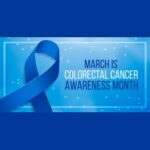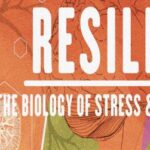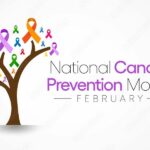 ADS Treatment Philosophy
ADS Treatment Philosophy
Our agency is committed to providing state-of-the-art and client-centered substance abuse education and treatment. We believe recovery is a lifelong process. Our services are designed to help consumers begin the process of recovery and to develop support systems in the community in order to begin rebuilding their lives. Our primary treatment approach is group therapy with supplemental individual counseling sessions.
We view the substance abuse treatment field as challenging and evolving. ADS is committed to staying on the cutting edge of treatment initiatives which have been proven effective in significantly improving the quality of life for those individuals suffering with substance abuse issues. ADS staff have been trained in best practice therapeutic treatment approaches including Cognitive Behavioral Therapy, Motivational Enhancement Therapy, Relapse Prevention and the Matrix Model.
Our treatment services are guided by the following principles:
- Addiction is a brain chemistry disease that clients did not intentionally contract. Addiction is preventable and treatable.
- Recovery is a lifelong process.
- The client assumes an active role in his/her own treatment.
- Treatment services are designed to address assessed needs utilizing client strengths and natural supports to establish goals, individual to each consumer.
- Abstinence from alcohol, illicit drugs, all non-prescribed medications and other mood-altering chemicals is the desired substance abuse related goal for clients with a dependency diagnosis.
- Group therapy is the primary treatment modality for the majority of the clients we serve.
- Client input is important, therefore, planning and evaluation of services is a shared responsibility of staff and clients.
![]() ADS treatment services also follow NIDA’s (National Institute on Drug Abuse) Principles of Effective Treatment:
ADS treatment services also follow NIDA’s (National Institute on Drug Abuse) Principles of Effective Treatment:
- No single treatment is appropriate for all individuals.
- Treatment needs to be readily available.
- Effective treatment attends to multiple needs of the individual, not just his or her alcohol and drug use.
- An individual’s treatment and recovery plan must be assessed continually and modified as necessary to ensure that the plan meets the person’s changing needs.
- Remaining in treatment for an adequate period of time is critical for treatment effectiveness.
- Counseling (individual and/or group) and other behavioral therapies are critical components of effective treatment for addiction.
- Medications are an important element of treatment for many patients, especially when combined with counseling and other behavioral therapies.
- Addicted or drug-abusing individuals with co-existing mental disorders should have both disorders treated in an integrated way.
- Treatment does not need to be voluntary to be effective.
- Possible drug use during treatment must be monitored continuously.
Treatment programs should provide assessment for HIV/AIDS, Hepatitis B and C, Tuberculosis and other infectious diseases to modify or change behaviors that place themselves or others at risk of infection.









